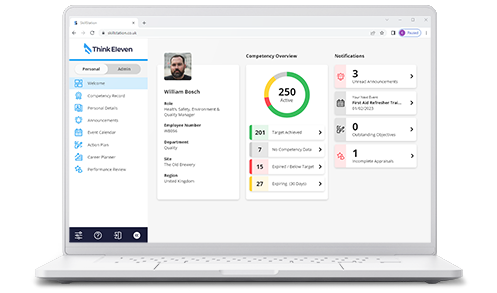Lone Working eLearning Course
Overview
Lone-worker training is an essential part of risk management. It’s vital for those who employ or manage people who work in isolation. But who is classed as a lone worker? Well, they could be anyone from a community nurse making home visits, to a globetrotting truck driver, or even just someone who has an everyday office job and works from home - which is pretty common these days.
You see, lone workers are exposed to specific risks that their office-based counterparts are less likely to encounter. So, it’s vital these are picked up on and effective measures are put in place. But don’t worry, this course will teach you everything you need to know.
Outline Learning Objectives:
- Interpret who might qualify as a lone worker in your business by identifying common types of lone worker
- Assess sources of hazards and risks and reduce their impact on lone workers in your business
- Recognise how key legislation applies to lone workers and ensure you comply with the law
Why take this course?
This course is essential training for both lone worker and employer. It will guide them through the regulations, risk assessments, and practical controls that need to be in place to help keep lone workers safe from harm, allowing them to do their jobs safely and effectively
This course has a minimum of 25 learner registrations for us to provide a quotation.
Request a Quotation- Language
- UK
- Date last updated
- 4/4/2024
- Duration
- 10 Minutes
- Suitable Devices
-
- PC
- Phone
- Tablet
- Audio is Required
-
- Yes
- Includes Video
-
- Yes
- Downloadable Resources
-
- Take Away Tasks
- Completion Criteria
-
- Pass final test
- Visit all pages
- Pass Mark
-
- 80% pass mark required
- Course Technology
-
- HTML5
- SCORM 1.2
- Can be customised
-
- No
- Accreditation or Endorsements
-
- CPD Certified & IOSH Approved
- Languages
-
- Closed Captions
- English
